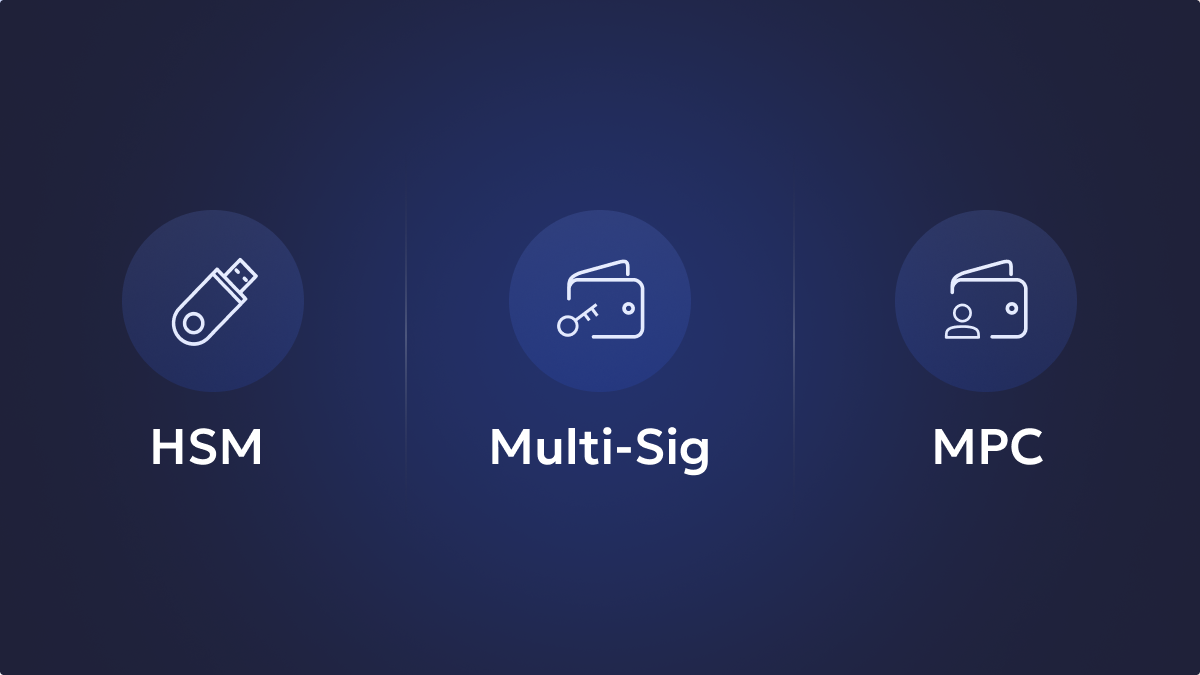Defi stands for Decentralized finance. It is a type of decentralized application that leverages automated programs to execute complex financial transactions. Defi provides more control over your asset holdings. Additionally, it allows you to access financial services at a lower fee and in a decentralized manner. One of the most popular applications within DeFi is staking, which allows users to earn rewards for holding and supporting certain cryptocurrencies.
Key takeaways
Defi staking is a process of locking up funds with the defi protocol and acting as a validator for transactions to earn recurring rewards.
What is DeFi Staking?
Defi (Decentralized Finance) is a way of conducting financial services using smart contracts. The services are executed over decentralized networks rather than centralized networks. Defi Staking is a way of holding and backing a web3 project or a blockchain network by locking up a definite amount of that native cryptocurrency in a wallet. Because you’ve locked up your holding, in return, you also earn rewards or interests from the blockchain network on your investments. Holders who have locked the largest amount of native cryptocurrency in their defi wallet act as a validator for the transactions. Plus, validators receive rewards from the defi staking platform for validating transactions. But why is defi staking important? Defi staking plays an important role in maintaining the liquidity of the pool and preventing excess price swings.
Unlock the potential of digital assets for your institution
How Does DeFi Staking Work?
Defi staking employs Proof of Stake (PoS) to attain consensus across nodes. In PoS, validators (one who verifies transactions) are chosen based on the amount of cryptocurrency they hold and are willing to lock up as collateral. It relies on validators to secure the blockchain network and verify transactions and blocks. It prevents malicious actors from attempting to attack or manipulate the network.
Know how to stake your cryptocurrencies over Defi protocols:
Setting up your defi staking platform using your wallet is relatively straightforward. Here are the basic steps you need to follow:
- Pick a Blockchain Network
The first step is to choose a DLT network that supports a wide range of Defi applications and Defi staking platforms. Some of the most popular blockchain networks include Ethereum, Cardano, and Polygon. Each blockchain network has its own staking rules and requirements. It is always better for you to stake on a network that is reliable and trustworthy.
Secure and manage your digital assets with Liminal
- Buy the Cryptocurrency
Once you have opted for a blockchain network, you need to visit a crypto-exchange and buy the cryptocurrency that you’re going to use for defi staking purposes on that blockchain network. For example, if you want to stake in the Ethereum network, you will need to buy Ether (ETH).
- Choose a DEFI wallet.
After buying the crypto token, you need to choose a secure and reliable digital defi wallet to store it in. It’s critical to opt for a defi wallet that is compatible with the defi staking platform you have chosen. Some popular wallets include Liminal and Ledger.
- Transfer Crypto holdings to Defi wallet
Once you have a wallet set up, transfer your cryptocurrency from the exchange to the wallet. Make sure to double-check the address you are sending the cryptocurrency to, as sending it to the wrong address can result in the loss of your funds.
- Stake Your Crypto holding using defi wallet
After transferring the cryptocurrency to your defi wallet, you can stake the digital funds on the network by abiding by the network’s staking instructions. This process usually involves choosing an authorized validator to stake with and locking up your crypto holding stored in the defi wallet for a certain amount of time.
- Track your returns and rewards.
After staking your funds, you can leverage the dashboard offered the Dapp to monitor your recurring returns and rewards in the form of the native tokens of the defi staking network you are backing. These returns and rewards will be deposited into your defi wallet periodically – maybe monthly or quarterly or yearly, varying based on the staking rules of the network.
Conclusion
DeFi staking helps keep the crypto-ecosystem stable as well as provides the opportunity to earn returns. Defi offers you the tools required to generate earnings in the long term. Defi staking platform is one of them. Without incurring the significant risk, you can earn a recurring return. Plus, it eliminates the extra fees that are usually charged by fund managers to manage funds in a traditional financial system. Familiarity with the traditional financial system will make it easier for you to navigate this rapidly evolving crypto landscape.






